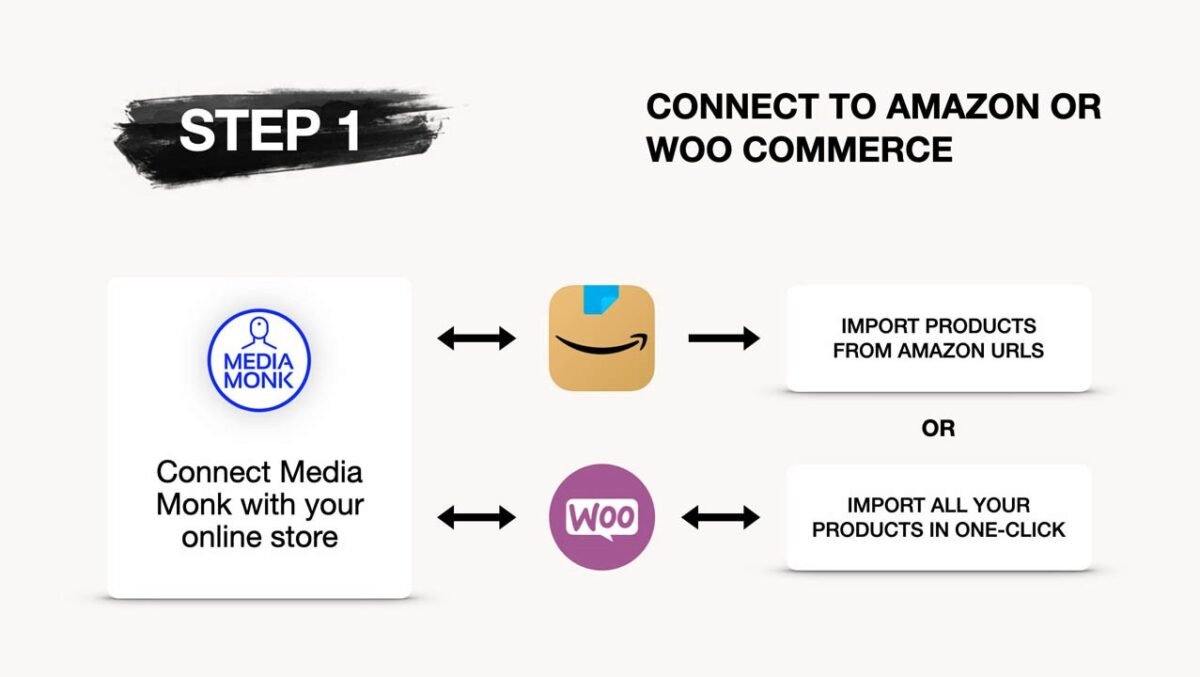
Content marketing automation has become a game-changer for e-commerce websites looking to boost sales, enhance customer engagement, and stay ahead of the competition. By leveraging AI technology, businesses can streamline their marketing efforts, deliver personalized experiences to their customers, and drive conversions like never before. In this article, we explore the power of content marketing automation for e-commerce and how it can revolutionize the way online stores operate.
Automating Content Creation and Distribution for E-Commerce Websites
Content marketing automation plays a crucial role in helping e-commerce websites maximize sales by automating the creation and distribution of content. With the use of AI-powered tools, businesses can efficiently generate personalized product recommendations, targeted email campaigns, and dynamic website content tailored to individual customer behavior and preferences. This level of personalization not only enhances the customer experience but also increases the likelihood of converting leads into sales.
By automating content creation and distribution, e-commerce websites can save valuable time and resources that can be allocated to other strategic initiatives. This automation streamlines the marketing process, allowing businesses to focus on developing innovative strategies to stay ahead of the competition. Additionally, the ability to deliver the right message to the right audience at the right time increases the effectiveness of marketing efforts, ultimately driving higher sales and revenue.
Furthermore, content marketing automation enables e-commerce websites to adapt to changing market trends and customer preferences in real-time. AI technology can analyze customer data and behavior to continuously optimize content strategies, ensuring that businesses remain relevant and competitive in the ever-evolving digital landscape. By leveraging automation for content creation and distribution, e-commerce websites can effectively engage with customers, build brand loyalty, and ultimately drive sustainable growth.
Implementing E-Commerce Marketing Automation Strategies for Increased Efficiency
Implementing e-commerce marketing automation strategies is crucial for online stores looking to maximize sales and stay competitive in the digital landscape. By automating repetitive tasks such as email marketing, social media posting, and ad targeting, businesses can free up valuable time and resources to focus on more strategic initiatives that drive growth. This allows e-commerce websites to create personalized experiences for their customers, ultimately leading to increased conversion rates and customer loyalty.

With the help of AI technology, e-commerce websites can leverage data analytics to gain valuable insights into customer behavior and preferences. By analyzing this data, businesses can better understand their target audience, predict trends, and tailor marketing campaigns to meet specific needs. This level of personalization not only enhances the customer experience but also improves the overall efficiency and effectiveness of marketing efforts, ultimately leading to higher sales and ROI.
Furthermore, e-commerce marketing automation enables businesses to optimize their marketing campaigns in real-time, ensuring that they are always delivering the right message to the right customer at the right time. By continuously monitoring and adjusting campaigns based on AI algorithms, online stores can maximize their marketing ROI and stay ahead of the competition. This proactive approach to marketing not only drives sales but also helps businesses build stronger relationships with their customers, leading to long-term success and sustainable growth.
Utilizing Content Marketing Automation for E-Commerce to Drive Sales and Enhance Customer Engagement
Content marketing is a powerful tool for e-commerce websites looking to drive sales and enhance customer engagement. By consistently creating high-quality and relevant content, businesses can attract potential customers, retain existing ones, and ultimately increase conversions. This content can take the form of blog posts, videos, social media posts, and more, all designed to provide value to the audience and establish the brand as an authority in its industry.

With the help of content marketing automation, e-commerce websites can take their efforts to the next level by delivering personalized content to customers. By leveraging AI technology, businesses can analyze customer preferences, behavior, and purchase history to tailor content specifically to each individual. This level of personalization not only increases engagement but also drives sales by presenting customers with products or services that are highly relevant to their needs and interests.
Furthermore, content marketing automation allows e-commerce businesses to scale their marketing efforts efficiently. By automating tasks such as content creation, distribution, and tracking, businesses can save time and resources while still delivering a consistent and engaging experience to their audience. This streamlined approach not only maximizes sales but also helps businesses stay ahead of the competition in the fast-paced world of e-commerce.
Exploring the Benefits of E-Commerce Automation Tools for Improved Performance
One key benefit of utilizing e-commerce automation tools is the ability to improve customer service through AI-powered chatbots. These chatbots can assist customers in real-time, providing quick and accurate responses to inquiries, thus enhancing the overall shopping experience. By offering 24/7 support and personalized recommendations, businesses can increase customer satisfaction and loyalty, ultimately leading to higher sales.
In addition to customer service, e-commerce automation tools can also optimize inventory management through predictive analytics. By analyzing past sales data and trends, businesses can accurately forecast demand, prevent stockouts, and minimize overstocking. This not only improves operational efficiency but also ensures that customers have access to the products they want, leading to increased sales and revenue.
Furthermore, the integration of e-commerce automation tools into a marketing strategy can lead to a competitive edge in the market. By automating repetitive tasks such as email marketing campaigns, social media posts, and targeted advertisements, businesses can free up time to focus on more strategic initiatives. This allows companies to deliver personalized experiences to customers, drive engagement, and ultimately maximize sales and stay ahead of the competition.
Staying Competitive in the Digital Landscape with AI-Powered Solutions
As the e-commerce industry becomes increasingly competitive, businesses must utilize AI-powered solutions to differentiate themselves and meet the evolving needs of their customers. By implementing content marketing automation, e-commerce websites can efficiently tailor their marketing strategies to target specific customer segments, ultimately driving higher sales and customer engagement. This personalized approach allows businesses to stay ahead of the competition and build stronger relationships with their audience.
Content marketing automation not only streamlines the marketing process but also provides a cost-effective way for e-commerce websites to deliver relevant and timely content to their customers. With AI technology, businesses can analyze customer data and behavior patterns to create targeted campaigns that resonate with their audience. This level of personalization enhances the overall shopping experience, leading to increased customer satisfaction and loyalty.
By leveraging AI-powered solutions, businesses can unlock a wealth of opportunities for growth and innovation in the digital landscape. Content marketing automation enables e-commerce websites to adapt to changing market trends and consumer preferences quickly, allowing them to stay agile and responsive in a competitive environment. As AI continues to advance, businesses that embrace these technologies will be better positioned to maximize sales and drive long-term success in the e-commerce space.


